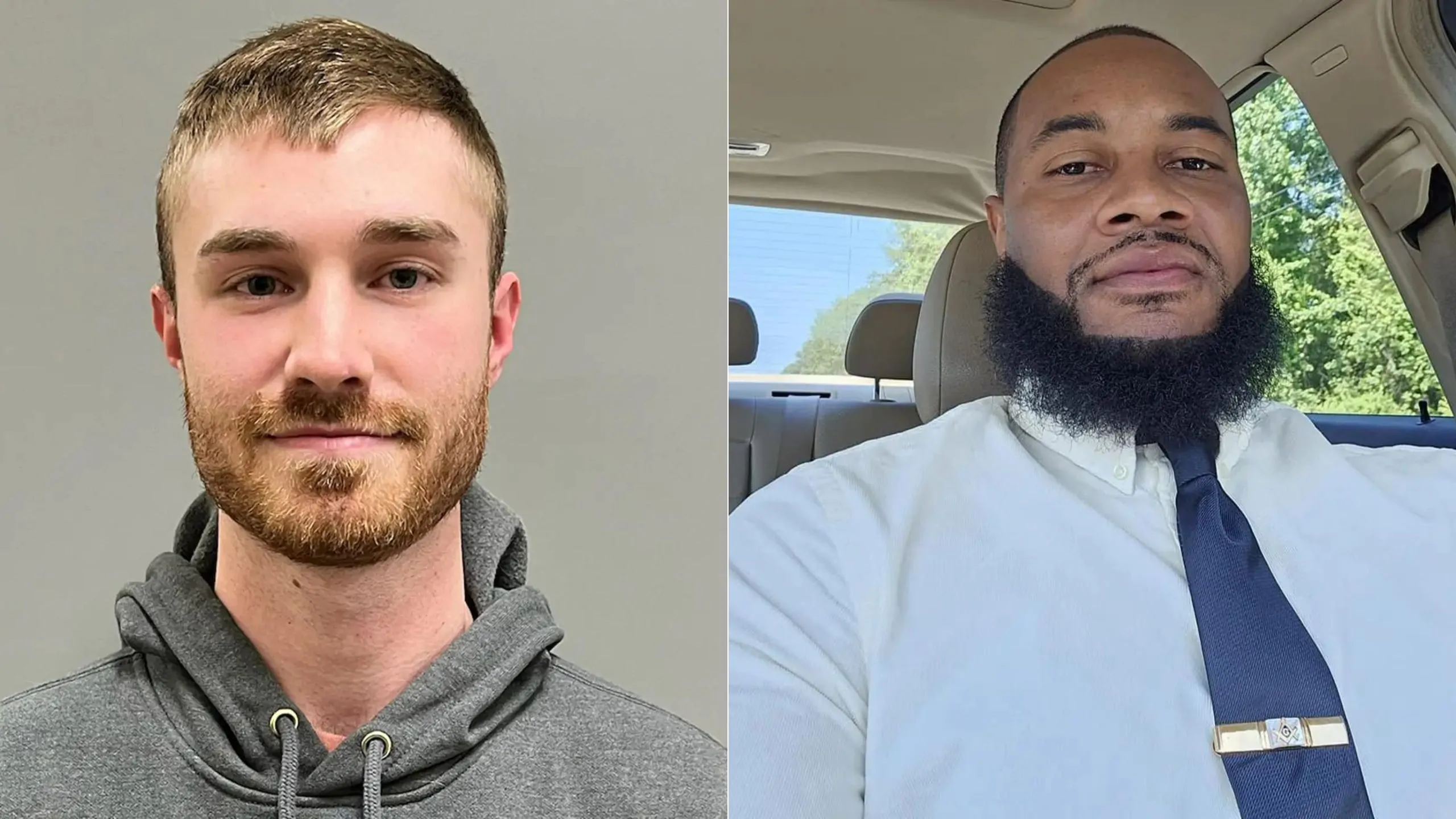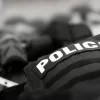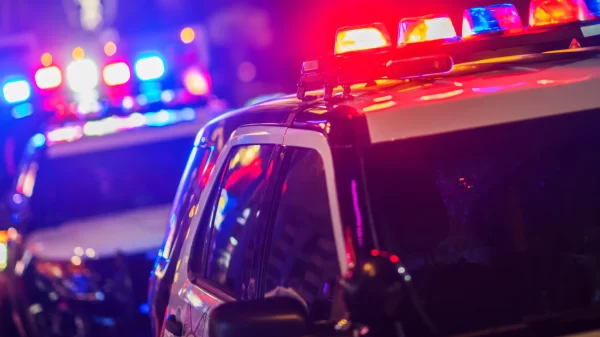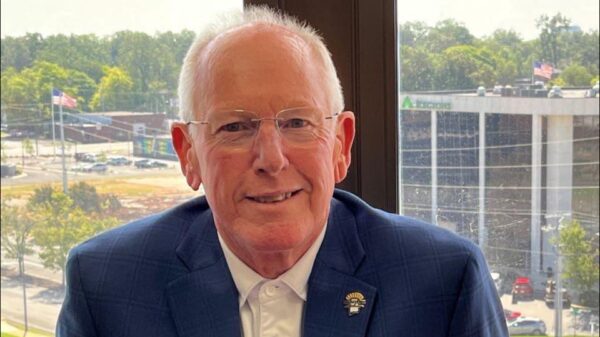|
Getting your Trinity Audio player ready...
|
Steve Perkins had no right to carry a firearm in his front yard.
When you strip everything else away and get right down the meat of the issue playing out in a Decatur courtroom, where an immunity hearing for former Decatur Police officer Mac Marquette was held this week, that’s what you have to believe in order to think Marquette (and the rest of the DPD officers on the scene that horrible night) were not in the wrong. And to believe that Marquette shouldn’t be on trial for murder.
Marquette shot Perkins dead in the early morning hours of Sept. 29, 2023. There is no disputing that.
Perkins had exited his home just before the shooting in order to confront a tow truck driver who was on his property attempting to repossess his truck. This was the second repo attempt that night – the first one having ended when Perkins, gun in hand, ordered the driver to leave a couple of hours earlier.
What Perkins didn’t know at the time was that four Decatur cops were also on or around his property, hiding in the shadows. The cops were there, improperly, to “keep the peace,” according to the testimony from two officers. That testimony also included the admission by one of the officers that Decatur police were not supposed to involve themselves in repossession attempts unless there was a court order involved.
There was no court order.
Didn’t matter to them, though. They went anyway.
All of the following comes from court testimony, as reported by numerous media outlets: The cops that night concocted a plan to assist the tow truck driver in repossessing Perkins’ truck. They admitted to knowing that they weren’t supposed to involve themselves in what was a civil matter. Still, they drove to Perkins’ home, parked their vehicles well away from Perkins’ house and walked up to the yard, where they then took up positions out of sight. While one officer initially disputed that they were hiding, he later admitted that they were “concealed” from view, and that concealment was the same as hiding. A few minutes after the cops positioned themselves, the tow truck driver again approached Perkins’ driveway and began the second repo attempt.
Security videos from neighboring homes show Perkins exit his home and start to make his way across the front yard toward the driveway. He yells, “Hey, put my truck down ….” He is holding a firearm to which a flashlight is attached, and pointing the light/gun at the tow truck.
About halfway across the yard, Marquette and another cop spring from the darkness at the corner of Perkins’ home and Marquette shouts “Hey, police, get on the ground.” Before the final word gets out of his mouth, Marquette begins firing his gun.
Just before the shooting, Perkins, surprised by the initial shout, turns his body and his light/gun in the direction of Marquette. And then the light is turned upward toward the sky.
The defense’s entire case rests on the fact that Perkins turned toward Marquette and the gun points in the cop’s direction.
And that’s where we get back to the first sentence of this column: For that to matter, you have to believe that Perkins had no right to have the gun in his yard. In Alabama, one of the most gun-friendly states in the world.
Because Steve Perkins didn’t threaten a cop. He didn’t refuse to obey commands. He didn’t act recklessly. He didn’t behave outside the bounds of the law.
But the Decatur police on the scene that night did all of the above.
They knowingly violated procedure – admitted to doing so under oath. They violated state laws that prohibit police involvement in a repossession attempt. And participated in an illegal repossession attempt, because state laws also forbid additional repo attempts after an initial attempt results in a “breach of the peace” (a hostile interaction between the repo man and auto owner).
And let’s also not overlook the fact that their actions make absolutely no sense, especially when juxtaposed with their explanations. For example, one officer claimed that they took up positions at the house and didn’t announce themselves in order to “keep the peace” if Perkins exited the home again. They did this despite knowing from their conversation with the tow truck driver that Perkins had already held a firearm when ordering the driver to leave earlier.
If they actually wanted to “keep the peace,” wouldn’t the proper move be to make their presence obvious? To get between Perkins and the unarmed civilian they were basically using as bait? (By the way, testimony revealed that there was a second person in the tow truck – a friend of the driver. So, the cops knowingly put two civilians in a situation in which an armed confrontation was not only possible but likely.)
We all know the answers to these questions. They’re not hard questions to answer. And truthfully, the residents of Decatur should be outraged that anyone – particularly the mayor, the former police chief and anyone in a position of authority in the city – ever attempted to sell a narrative in which the questions were hard to answer.
But that’s exactly what some of them did, despite having these videos and comments from officers and the unvarnished truth sitting in front of them from the days just after the incident occurred.
Those people allowed the city to remain divided. They allowed anger and fear and racial division to fester and grow, despite knowing full well that the cops were in the wrong. Whether it was personal bias or personal political ambition, they refused to admit what is now obvious.
The only way Steve Perkins could have been in the wrong that fateful night was if suddenly, in Alabama, it was illegal to carry a firearm in your own front yard.






















































